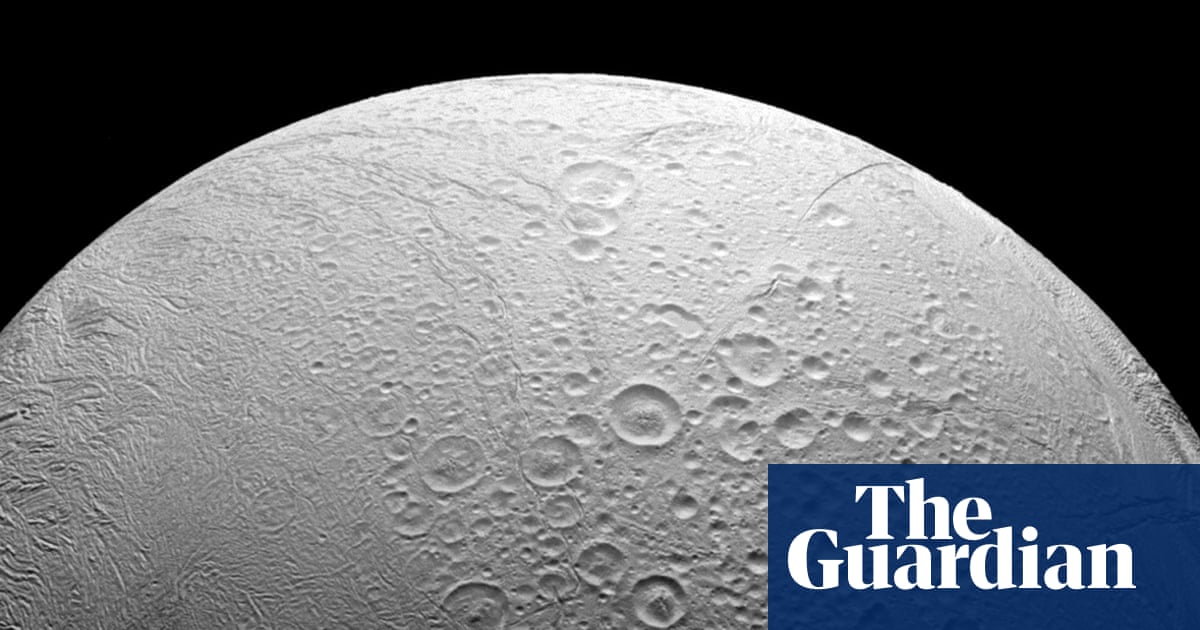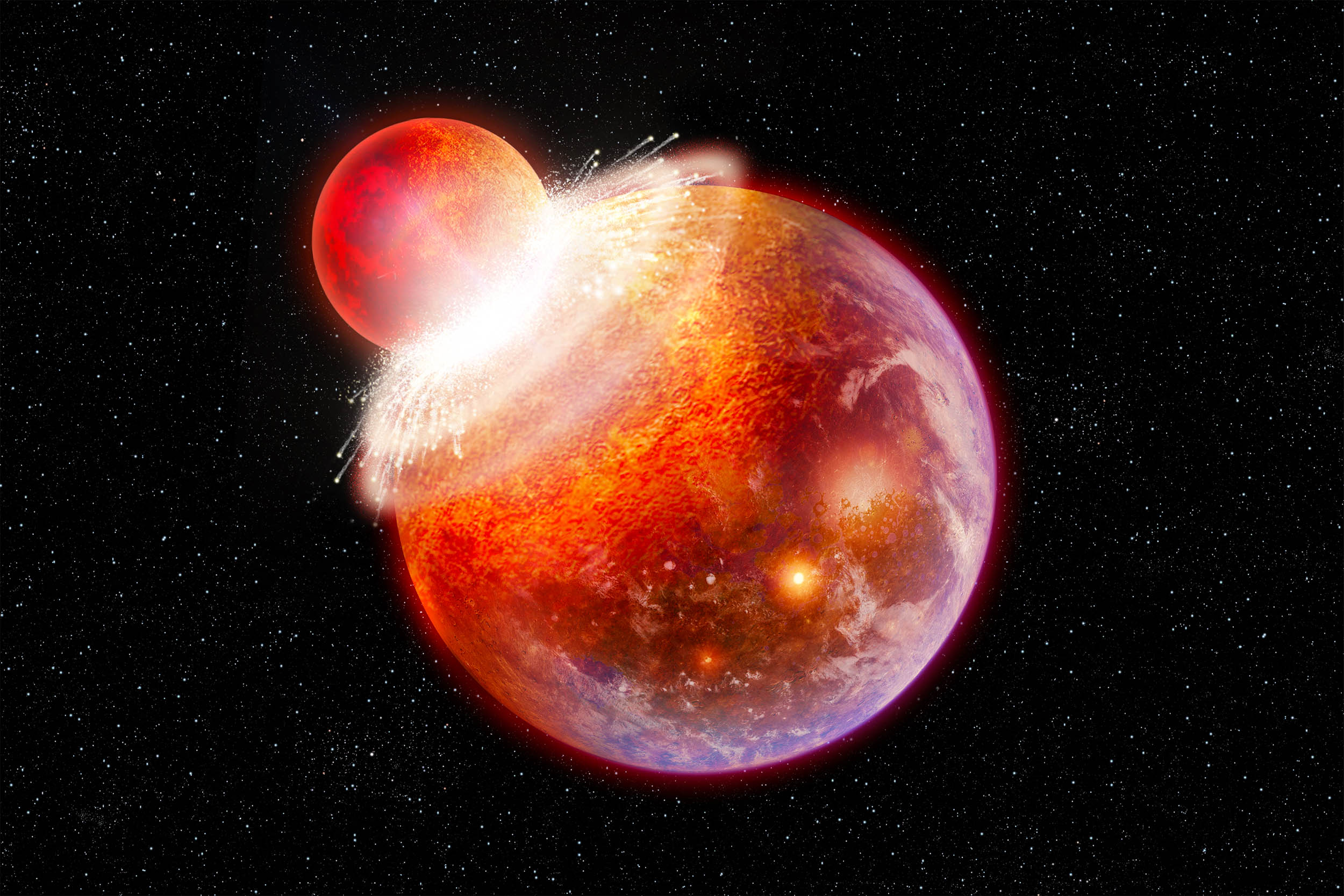IN A NUTSHELL 🛰️ NASA monitors the South Atlantic Anomaly, a region impacting satellite operations due to weakened magnetic intensity. 🌌 The anomaly poses risks to spacecraft systems by exposing them to charged solar particles. 🔍 Research reveals the SAA’s dynamic evolution, including a potential split into two distinct cells. 🧭 The anomaly’s broader implications affect Earth’s magnetic field and …
Read More »Tag Archives: earths
US trade envoy Jamieson Greer calls China’s new rare earths curb a ‘power grab’
The outlook for US-China relations appeared to hit another snag on Sunday when the US Trade Representative Jamieson Greer said that China had rebuffed an attempt to communicate, even as US President Donald Trump appeared to downplay the ongoing trade differences. This follows Trump’s threat on Friday to impose an extra 100 per cent tariff on all Chinese goods starting …
Read More »Taiwan sees no significant impact on chip sector from China rare earths curbs – Reuters
Taiwan sees no significant impact on chip sector from China rare earths curbs ReutersView Full Coverage on Google News Source link
Read More »Germany Says China Rare Earths Export Curbs of ‘Great Concern’ – Bloomberg.com
Germany Says China Rare Earths Export Curbs of ‘Great Concern’ Bloomberg.com Trump threatens ‘massive’ tariffs and cancelling meeting after China’s rare earth curb NPR The World’s Chip Supply Chain Is Bracing for Fallout From China’s Rare-Earth Curbs Bloomberg.com China Tightens Grip on Rare Earths Ahead of Expected Trump-Xi Meeting The Wall Street Journal How China’s new rare earth export controls work Reuters Source link
Read More »Why Rare Earths Are China’s Trump Card in Trade War With US – Bloomberg.com
Why Rare Earths Are China’s Trump Card in Trade War With US Bloomberg.com CNBC Daily Open: He who controls the rare earth metals, controls tech’s future CNBC China Flexing Battery Supply-Chain Clout With Fresh Export Curbs Bloomberg.com China’s New Rare Earth and Magnet Restrictions Threaten U.S. Defense Supply Chains CSIS | Center for Strategic and International Studies China curbs rare earth exports, raising stakes …
Read More »China puts new limits on rare earths as Xi’s meeting with Trump looms – The Washington Post
China puts new limits on rare earths as Xi’s meeting with Trump looms The Washington Post Rare earths stocks surge after China tightens grip on global supplies CNBC Xi reignites tensions ahead of Trump meeting with dramatic curbs on critical rare-earths CNN China Clamps Down Even Harder on Rare Earth Exports The New York Times China tightens export rules for crucial rare earths BBC Source …
Read More »“It Was Hiding All Along”: Scientists Discover Carbon May Have Triggered Earth’s Core to Crystallize (and saved our magnetic field) – Rude Baguette
“It Was Hiding All Along”: Scientists Discover Carbon May Have Triggered Earth’s Core to Crystallize (and saved our magnetic field) Rude Baguette Source link
Read More »Signs of life? Why Saturn moon offers hope of finding ET in Earth’s back yard | Saturn
From tentative evidence of habitable planets to the eyebrow-raising suggestion an interstellar comet might not be what it seems, the possibility of life beyond our solar system has long tantalised scientists and the public alike. But experts say ET is more likely to be found if we search in our own back yard. The prospect was revitalised on Wednesday when …
Read More »Earth’s collision with Theia 4.5 billion years “made life possible”
The first chapter of Earth’s formation moved quickly. New research shows that our planet locked in its basic chemical makeup within about three million years of the Solar System’s birth. That type of fast chemical coalescence helped build a world, but there was a catch: those early ingredients didn’t include much of what life needs. In details shared …
Read More »Earth’s Sunlight Reflection Dramatically Declines Over 20 Years
A new study published in the Proceedings of the National Academy of Sciences reveals a noticeable change in how Earth reflects sunlight. Over the past two decades, the planet has shown a decline in its reflectivity, with significant regional variations. According to the research team, led by Norman Loeb from NASA’s Langley Research Center in Virginia, this trend could have …
Read More »



